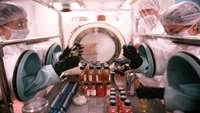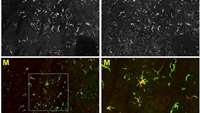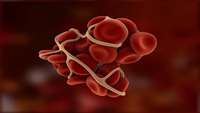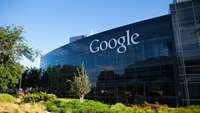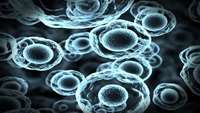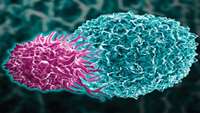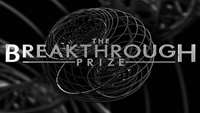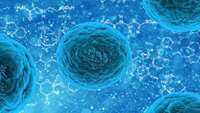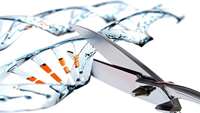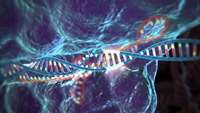Gene Therapy Hits a Peculiar Roadblock: A Virus Shortage
Eager to speed development of revolutionary treatments, the Food and Drug Administration recently announced that it would expedite approval of experimental gene therapies. But the regulatory process may not be the biggest obstacle here.
A new gene therapy transplantation technique could improve treatment of neurodegenerative diseases
Immune cells defending the central nervous system (the so-called microglia) have a key role in many neurodegenerative diseases. A study published today in Science Advances shows for the first time the efficacy of a new gene therapy transplantation technique which aims at repopulating the brain with new, genetically engineered immune cells.
Haemophilia A trial results mind-blowing
British doctors say they have achieved "mind-blowing" results in an attempt to rid people of haemophilia A. Patients are born with a genetic defect that means they do not produce a protein needed to stop bleeding.
Google makes AI tool for precision medicine open source
Google announced Monday an open source version of DeepVariant, the artificial intelligence tool that last year earned the highest accuracy rating at the precisionFDA’s Truth Challenge.
When the nose doesn’t know: Can loss of smell be repaired?
Researchers at Tufts University School of Medicine, led by Dr. James E. Schwob, are examining the behavior of adult stem cells within the context of aging and, specifically, the sense of smell.
CAR-T firm Autolus bags $80 million in Series C financing
Autolus, a London-based clinical-stage biotechnology company specialized in the development and commercialization of next-generation engineered T cell therapies, has announced that it has raised US$80 million (£59 million) in Series C financing.
BREAKTHROUGH PRIZE – “THE OSCARS OF SCIENCE” – CELEBRATES TOP ACHIEVEMENTS IN PHYSICS, LIFE SCIENCES & MATHEMATICS, AWARDS $22 MILLION IN PRIZES AT GALA TELEVISED CEREMONY IN SILICON VALLEY
The Breakthrough Prize and sponsors Sergey Brin, Yuri and Julia Milner, Mark Zuckerberg and Priscilla Chan, Anne Wojcicki, and Pony Ma, will tonight announce the recipients of the 2018 Breakthrough Prizes, which recognize top achievements in Life Sciences, Fundamental Physics and Mathematics.
Novel harvesting method rapidly produces superior stem cells for transplantation
A new method of harvesting stem cells for bone marrow transplantation - developed by a team of investigators from the Massachusetts General Hospital (MGH) Cancer Center and the Harvard Stem Cell Institute - appears to accomplish two goals: making the donation process more convenient and less unpleasant for donors and providing cells that are superior to those acquired by current protocols. Results of the teams studies in animal models and humans will appear in the Jan. 11 issue of Cell and are being published online today.
Scientists modify CRISPR to epigenetically treat diabetes, kidney disease, muscular dystrophy
Salk scientists have created a new version of the CRISPR/Cas9 genome editing technology that allows them to activate genes without creating breaks in the DNA, potentially circumventing a major hurdle to using gene editing technologies to treat human diseases.
A Universal Approach to Correct Various HBB Gene Mutations in Human Stem Cells for Gene Therapy of Beta-Thalassemia and Sickle Cell Disease
Beta-thalassemia is one of the most common recessive genetic diseases, caused by mutations in the HBB gene. Over 200 different types of mutations in the HBB gene containing three exons have been identified in patients with β-thalassemia (β-thal) whereas a homozygous mutation in exon 1 causes sickle cell disease (SCD).


